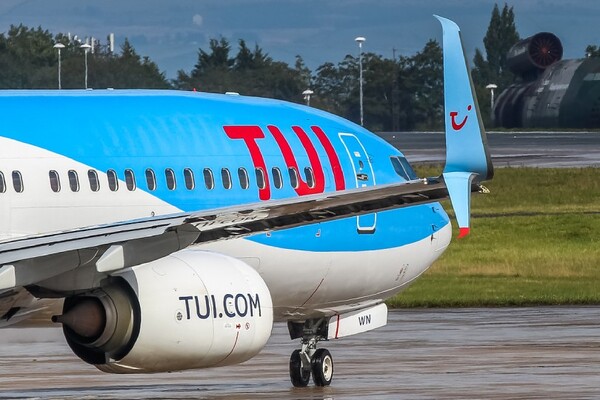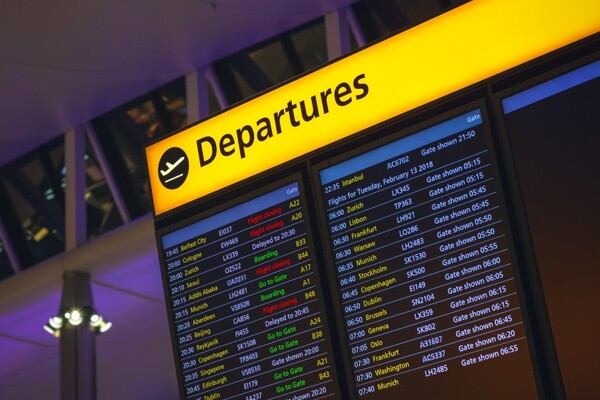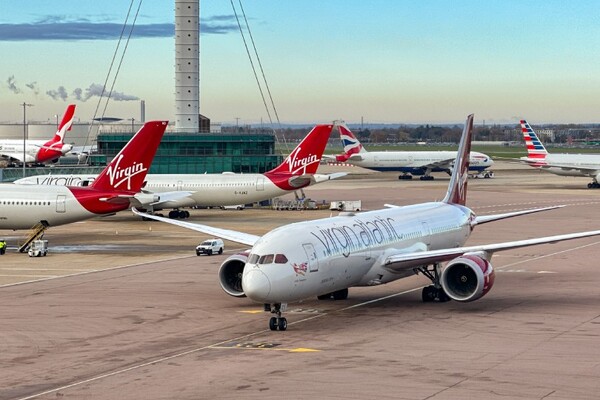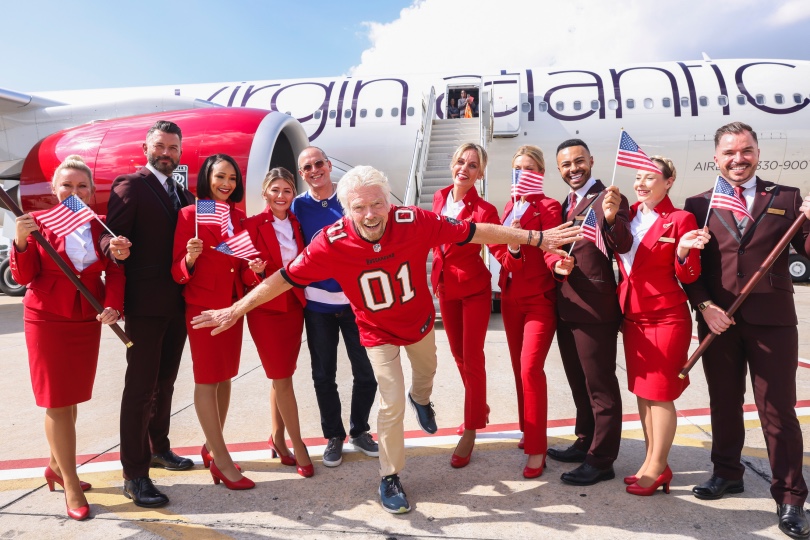Is it time airlines offered the trade more out-of-range fares?
 Gary Noakes
Gary NoakesAgents tell TTG that with customers looking to secure their dream holidays increasingly early, they’re being held back by forward flight availability. But why are airlines so reluctant to extend their schedule windows? Gary Noakes reports.
You sell dreams, those once-in-a-lifetime holidays your clients take years saving up for.
They’ve locked in the date – perhaps two or even three years ahead – and are counting down the weeks. So it would be nice to give them the assurance of securing their flights at a good price that far ahead, wouldn’t it?
Airlines don’t usually permit this, though. Carriers typically display inventories a maximum of 330 days in advance, although a few can be closer to 350 days before departure, meaning anyone wanting to secure seats for that dream trip a bit further ahead must wait.
It’s frustrating for agents like Karen Marin Reyes, founder and director of Newport’s La Vida Travel. “You’re trained to be a really good agent and give the best price,” she says.
“So when it [the actual price] is released and clients notice it’s £2,000 cheaper, they’re on the phone straight away saying, ‘I wish I hadn’t booked that six months ago with you’. I’d say it’s one of the biggest problems in the industry.”
Uncertain future
It’s easy to sympathise with airlines when it comes to setting fares. They’re subject to the vagaries of international economics, with inflation, oil prices and exchange rates all needing to be factored in, although hedging helps smooth these peaks.
And with carriers still making up financial ground after the pandemic, they’re also not keen to offer bargain rates so far in advance.
Airlines also switch their timetables twice a year, taking market conditions into account when scheduling. So again, asking for clarity further out may be unrealistic.
There is also aircraft utilisation to be considered, with fleets moved around according to demand and seasonality, something that affects capacity and therefore pricing – again difficult to predict far into the future.
However, Dale Keller, chief executive of Bar UK, which represents many of the airlines operating to the UK, quashes some of these arguments. “It’s not for fuel hedging reasons or being cautious but [something] more practical,” he insists.
“Historically, GDSs were all set up that way to avoid confusion over people booking the wrong year. Also, further out, many airlines won’t be certain of schedules, so it avoids a lot of schedule changes.”
Legacy systems
Diane Coleman, manager of Tickets Travel, is another agent for whom this provides challenges, particularly against a background of current high air fares.
“Whereas before you could do an advance registration with some operators and it would be reasonable value, now we find it’s expensive,” she tells TTG. “In the long-term, it can have an impact because when prices do come out, clients think they should have waited.”
Coleman believes having rates published further ahead would help. “With more people ticking things off their bucket lists, they are planning a bit further out,” she adds.
One former airline executive, who does not wish to be named, also lays the blame with legacy systems, offering agents few crumbs of comfort with their insistence the situation is unlikely to change.
“If airlines can’t hold bookings more than a year in advance, there’s not much point travel agents trying to sell them – unless they take bookings without making an airline reservation and then try to make the bookings as soon as the airline’s system opens up.
"But that risks not being able to book if the airline doesn’t make inventory available or someone else grabs all the seats first.”
Limited horizon
Airlines can argue that compared with trains, timetables for which are normally confirmed only 12 weeks in advance, the booking window is very wide. The comparison with cruise is much less favourable; many brands currently offer reservations until mid-2026 – some even into 2027.
However, cruise lines can plan itineraries further in advance and usually with much more certainty. Coleman is noticing the difference. “With cruises being on sale, we’re doing quite a lot of business further ahead,” she says.
For Marin Reyes, GDSs are to blame. Since the 1960s, these have had a maximum 330-day booking window, and some cite them for restrictions imposed by other booking methods.
“Why on earth are they [the booking restrictions] still 11 months before?” she continues. “It’s all to do with the systems we used to book on, but nobody books on those systems any more.
“Why don’t they just scrap it? When you’re buying an expensive holiday, 16 months ahead is not that far, yet the flights only go on sale 11 months out.”
Keller has bad news for her. “Some low-fare carriers and integrated operators do go on sale earlier with internal systems able to cope better,” he says, adding: “But I don’t see it changing in the wider airline global systems.”
Marin Reyes says she can secure out-of-date-range prices from carriers, but adds: “They are not very good sometimes.”
Agent outlook
Operators have their hands tied and are sympathetic. Premier Holidays, in common with many others, can only offer rates until the end of 2025.
“For some destinations, we do offer guaranteed air fares out-of-date range and therefore guaranteed pricing,” says Mark Godfrey, Premier’s commercial director. “For other destinations, we do not, but charging supplements after bookings are made is a last resort.”
So how do agents get around it? Selecting a tour operator with its own airline may provide a longer lead-in time. Tui, for example, now offers packages bookable until Easter 2026.
However, British Airways and Virgin Atlantic’s tour operations are direct-sell, so agents will have to use the regular inventory to match these.

Virgin Atlantic says: “We work closely with our travel agency partners, and booking windows can vary depending on the route. However, generally, our booking window is 331 days.”
There are a few exceptions among airlines. Norse Atlantic Airways, a relative newcomer, is not tied to old technology and allows bookings 13 months in advance, while Air France is up to 364 days ahead.
These aside, agents will mostly just have to grin and bear it.
One positive is the GDS legacy means there’s no confusion regarding which year your clients are travelling in, so at least their dream holiday won’t become your nightmare when they arrive at the airport.
Sign up for weekday travel news and analysis straight to your inbox

Gary Noakes
Supplier Directory
Find contacts for 260+ travel suppliers. Type name, company or destination.




















